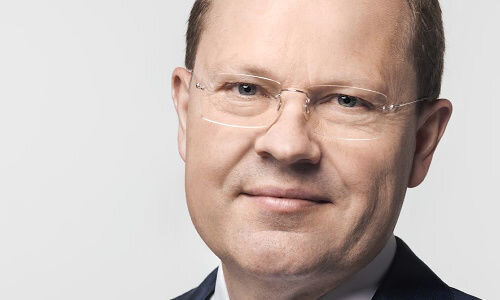Swiss banker Juerg Zeltner left Deutsche Bank following pressure applied by state institutions. His successor comes from a very different background – but it is still highly unlikely that the German company is about to enter a period of greater calm.
The German press is hailing it as a coup: Sigmar Gabriel, former head of Germany’s Social Democratic Party and former foreign minister under Chancellor Angela Merkel, will take a seat on the supervisory board of Deutsche Bank.
The choice of Gabriel follows the sudden departure of Juerg Zeltner (pictured below) at the end of 2019. Zeltner is a former UBS banker and CEO and Chairman of Quintet, the Luxembourg-based private bank.

A Social Democrat Instead of a Banker
Zeltner’s posts with two international firms, both of which with strong Qatari interests involved, had alerted the German regulator. Both Bafin, the regulator, and the European Central Bank (ECB) threatened to veto Zeltner’s position at Deutsche. The Swiss banker decided to leave quietly after the protestations and after only two months on the job.
His successor has a very different background. Zeltner, a banker through and through, is being replaced by Gabriel, a Social Democrat and career politician. And while the bank will have selected Zeltner for his banking know-how and intimate knowledge of the community, critics now claim that Gabriel is lacking precisely what Zeltner had to offer.
However, Gabriel’s appointment may still turn out a shrewd enough move, because he not only boasts a global network of contacts but also because he carries clout among the salaried classes.
More Than 18,000 Jobs on the Line
In July 2019, Deutsche Bank announced a sweeping restructuring program with wide-scale cuts. Costs are to be slashed by almost 6 billion euros and 18,000 are to lose their jobs. One of the business areas most under threat is private-client banking in Germany, which will have alerted German labor unions.
The massive cuts necessary at Deutsche, which for a long time kept faith in investment banking, may be a special case, but Swiss bankers will follow the story closely.
While European banks in 2019 announced cuts of a total of 70,000 jobs across the continent, Switzerland has been almost totally spared. But as UBS recently reported a mediocre result and cut the profitability target, nobody seems guaranteed to keep the job forever.














